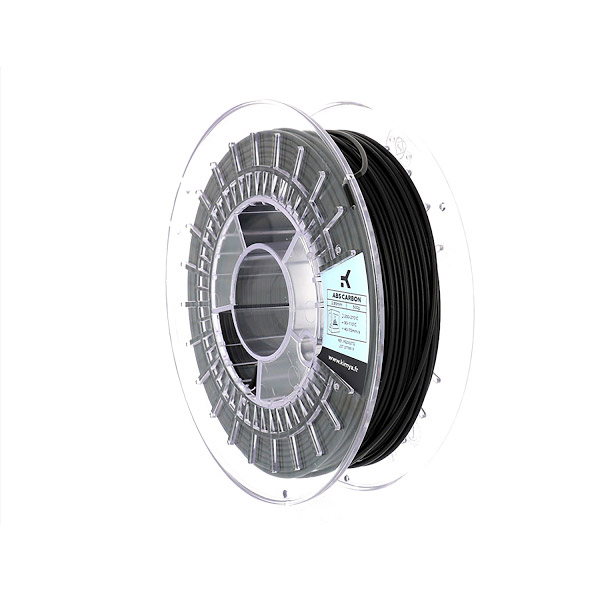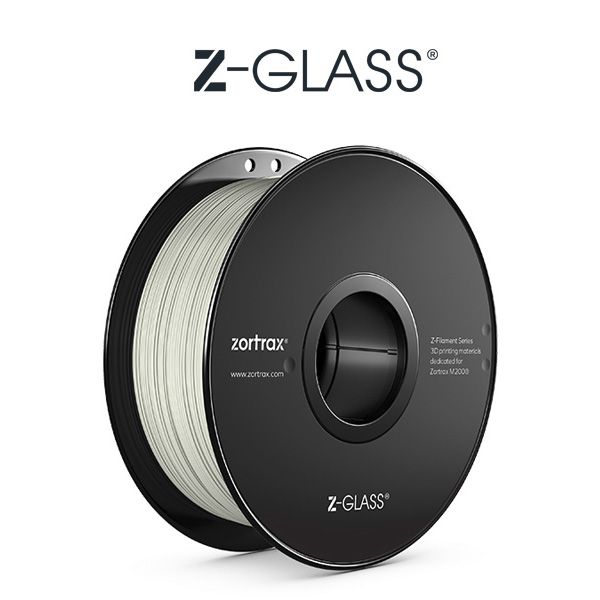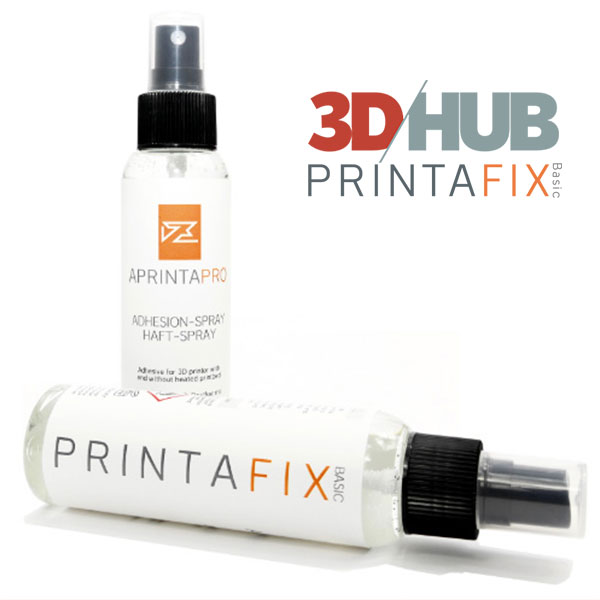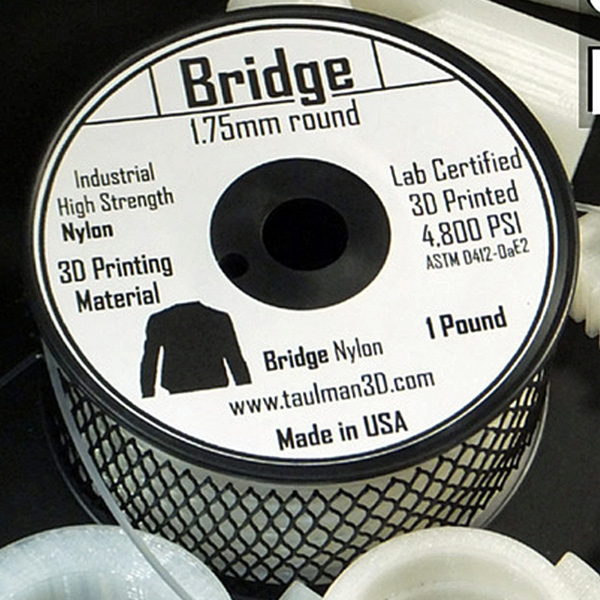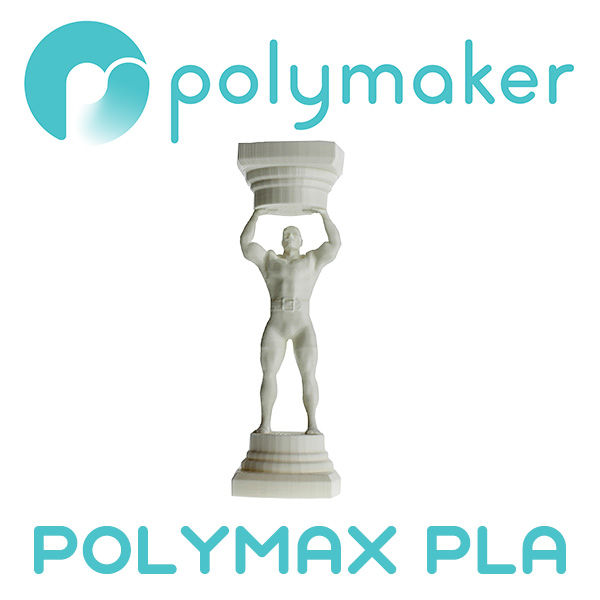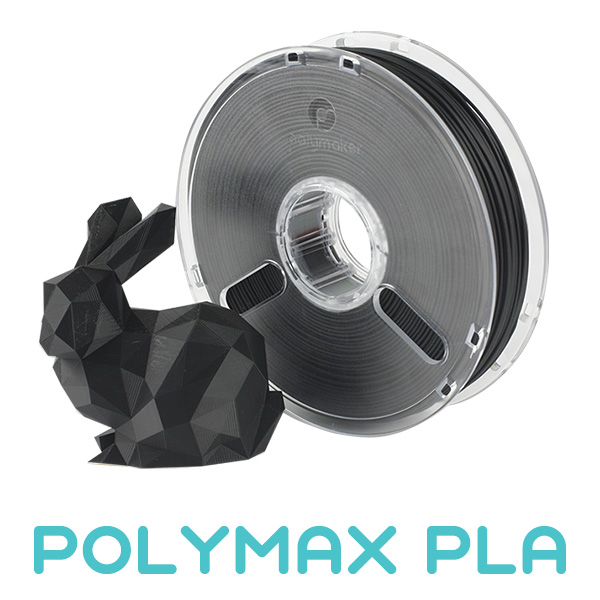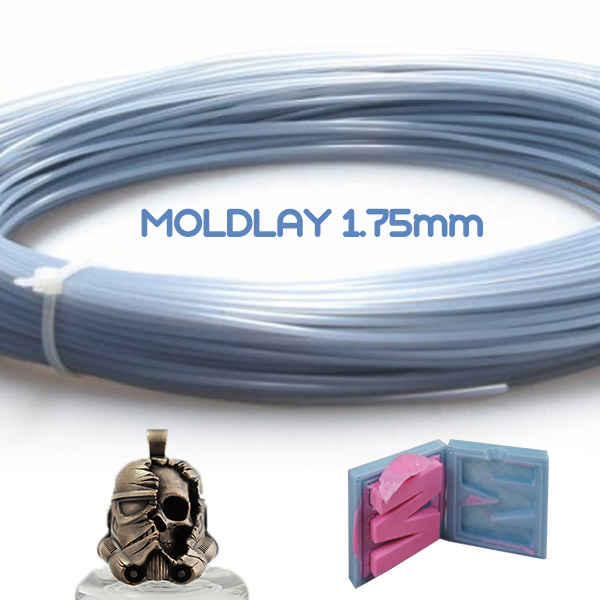Kimya – ABS Carbon
59,90€ ME ΦΠΑ
Kimya ABS Carbon 3D filament belongs to the styrenic polymer family. Acrylonitrile-butadiene-styrene-carbon (ABS Carbon) is a mixture of ABS and carbon fibers. The carbon fibers give the filament improved rigidity compared to a standard ABS. This filament is highly valued by manufacturers of drones and by modeling aficionados. It is also used to make tools.
500gr spool – 1.75mm diameter
Διαθεσιμότητα σε 7-10 ημέρες!
Kimya ABS Carbon 3D filament belongs to the styrenic polymer family. Acrylonitrile-butadiene-styrene-carbon (ABS Carbon) is a mixture of ABS and carbon fibers. The carbon fibers give the filament improved rigidity compared to a standard ABS. This filament is highly valued by manufacturers of drones and by modeling aficionados. It is also used to make tools. The Kimya ABS Carbon 3D filament has the following properties:
- No shrinkage
- Better tensile modulus than ABS-S
- Less warpage than ABS-S
- Complies with the REACH standard
THE ENHANCED MECHANICAL PROPERTIES OF CARBON-FIBER REINFORCEMENT
Kimya ABS Carbon 3D Printing Filament by Armor Group is a carbon-fiber-reinforced ABS 3D printing filament which boasts many enhanced mechanical properties over regular ABS 3D printing filament. Kimya ABS Carbon will not shrink or warp due to the increased dimensional stability from the carbon fiber additive, so you can trust that your end-use parts will not change their shape or size, and will continue performing. It is even easier to 3D print with than regular ABS, because of the enhanced interlayer adhesion granted by the carbon-fiber reinforcement. End-use parts 3D printed with Kimya ABS Carbon will also be more lightweight than if they were 3D printed with regular ABS, and also enjoy a greater tensile strength modulus than regular ABS, meaning Kimya ABS Carbon can withstand greater end-use application demands.
A functional end-use part 3D printed in Kimya ABS Carbon 3D printing filament. Note the beautiful surface finish obtained with Kimya brand 3D printing filaments.
TECHNICAL SPECIFICATIONS
- Recommended nozzle temperature: 250°C-270°C
- Recommended bed temperature: 90°C-100°C
- Printing speed: 40-50mm/s
- Part cooling fan: Off
- Download the Technical Data Sheet here!
FILAMENT PROPERTIES
| PROPERTIES | TEST METHODS | VALUES |
|---|---|---|
| Diameter | INS-6712 | 1.75 ± 0.1 mm 2.85 ± 0.1 mm |
| Density | ISO 1183-1 | 1.045 g/cm3 |
| Moisture rate | INS-6711 | < 1 % |
| Melt flow index (MFI) | ISO 1133-1 (@220°C – 10 kg) | 17.4 g/10min |
| Glass transition temperature (Tg) | ISO 11357-1 DSC (10°C/min – 20-220°C) | 100 °C |
| Melting Temperature (Tm) | ISO 11357-1 DSC (10°C/min – 20-220°C) | n/a |
PRINT PARAMETERS AND SPECIMENS DIMENSIONS
| PRINTING DIRECTION | XY |
|---|---|
| Printing Speed | 50-60 mm/s |
| Infill | 100% – rectilinear |
| Infill Angle | 45°/-45° |
| Nozzle Temperature | 245-270°C |
| Bed T° | 90-95°C |
PRINTED SPECIMENS PROPERTIES
| PROPERTIES | TEST METHODS | VALUES | |
|---|---|---|---|
| MECHANICAL PROPERTIES | Tensile modulus | ISO 527-2/5A/50 | 2,665 MPa |
| Tensile Strength | ISO 527-2/5A/50 | 35.7 MPa | |
| Tensile Stress at Break | ISO 527-2/5A/50 | 37.5 MPa | |
| Tensile strain at break | ISO 527 | 2 % | |
| Flexural modulus | ISO 178 | 1,809 MPa | |
| Flexural stress at conventional deflection (3,5% strain)* | ISO 178 | 51.4 MPa | |
| Charpy impact resistance | ISO 179-1/1eA | 6.2 kJ/m² | |
| Shore Hardness | ISO 868 | 72.7 |
| Note 1 | *According to ISO 178, end of the test at 5% deformation even if there is no specimen break. |
| Note 2 | The data should be considered as indicative values – Properties can be influenced by production conditions. |
Επιπλέον πληροφορίες
| Technology | |
|---|---|
| Filament Type | |
| Filament Brand |


